VATICAN CITY (CNS) — God’s forgiveness is the source of hope for the faithful, Pope Francis wrote.
“Indeed, with his mercy, God transforms us inwardly, he changes our heart,” he said in a message to priests celebrating the Jubilee of the Missionaries of Mercy in Rome.
“We can always count on him in any situation. God made himself man to reveal to the world that he never abandons us,” the pope’s message said.
The Vatican released the pope’s message to the priests, which was read by Archbishop Rino Fisichella, pro-prefect of the Dicastery for Evangelization’s section for new evangelization and the chief organizer of the Holy Year 2025, during a March 29 meeting and training session.
The Jubilee celebration, March 28-30, had been scheduled to include a meeting with Pope Francis March 29 and Mass the next day. However, the pope was not present at those events since doctors recommended he rest for two months after returning to the Vatican from Gemelli hospital March 23 for double pneumonia.
Pope Francis instituted the “missionaries of mercy” apostolate in 2015 for the special mission of preaching about God’s mercy and, especially, to encourage Catholics to rediscover the grace of the sacrament of reconciliation. More than 1,100 priests were chosen by the Vatican and commissioned during the Holy Year of Mercy, and today there are more than 1,200 missionaries of mercy on all five continents.
In his message, dated March 19, the pope thanked the priests because they “bear witness to the paternal face of God, infinitely great in love, who calls everyone to conversion and renews us always with his forgiveness.”
“Conversion and forgiveness are the two gentle touches with which the Lord dries every tear from our eyes; they are the hands with which the church embraces us sinners; they are the feet on which we walk in our earthly pilgrimage,” the pope wrote.
Pope Francis encouraged the priests in their ministry as confessors to be “attentive in listening, ready to welcome and constant in accompanying those who wish to renew their own lives and return to the Lord.”
About 500 missionaries of mercy registered for the pilgrimage to Rome, which included a penitential liturgy at the Rome Basilica of Sant’Andrea della Valle March 29 and a Mass celebrated there by Archbishop Fisichella the next day.
Msgr. Graham Bell, undersecretary of the dicastery’s section for new evangelization, led the liturgy March 29, which was part of the worldwide Lenten prayer and penance initiative, “24 Hours for the Lord.” Begun by the pope in 2014, it invites at least one Catholic church in every diocese to be open all night — or at least for extended hours — for Eucharistic adoration and confession.
In addition to the few wooden confessionals in the 17th-century basilica, more than a dozen areas in different corners and pews were available for confession in several languages. Priests took turns hearing each other’s confessions before dedicating themselves to hearing confessions from other penitents or to silent prayer.
Among the hundreds attending were some missionaries of mercy from the United States who spoke with Catholic News Service March 28.
Father Eloy Rojas, originally from Venezuela, is a hospital chaplain in the Archdiocese of Newark, New Jersey, where, he said, he brings “hope and love to the sick and dying,” especially those nearing the end of their life on earth.
As a missionary of mercy, he is also bringing hope to those seeking “new life” through confession by communicating and connecting with penitents “with empathy, love and compassion,” he said.
Father Bernard Olszewski said their role is to be mediators between the penitent and the merciful face of God.
Instead of a “duel,” he said, that encounter must be “like a duet, a dance that is learned.” They help others “learn the steps, to dance with God, and to rediscover that relationship with God which may have been lost.”
Their mission is to reassure the repentant that they can leave the confessional “a new person,” transformed with the capacity to do good, to be better and to be the person God calls them to be,” he said. “There is nothing more powerful than that.”
While the pope granted the missionaries the faculties to forgive certain sins in cases otherwise reserved to the Holy See, the priest said, “we’re not super confessors.”
They were commissioned “to exemplify that loving attitude, that warm embrace that God offers to us each and every day, but some of us don’t have the opportunity to recognize or to accept it,” he said.
Pope Francis “wants no obstacle between the penitent and the forgiveness,” Father Olszewski said, because very often it is those grave sins that maintain “that wall, which do not allow the penitents to access immediately and definitively the forgiveness of God.”
Msgr. Ted Bertagni said God’s mercy is the path to hope. “You only have hope if you can experience that mercy.”
When someone “comes to reconciliation, they want to be renewed, they want to be restored, they want to get back into the grace with God” to “build up their faith again,” he said. This is why confession is “a very uplifting thing for the priest as well as for the penitents.”
“I think people don’t go to reconciliation that often simply because … they’re afraid that they’ll be judged,” Msgr. Bertagni said.
When the faithful come for reconciliation, he said, the priest is “there to be open arms,” to unconditionally love them “as the father unconditionally loves and forgives you.”

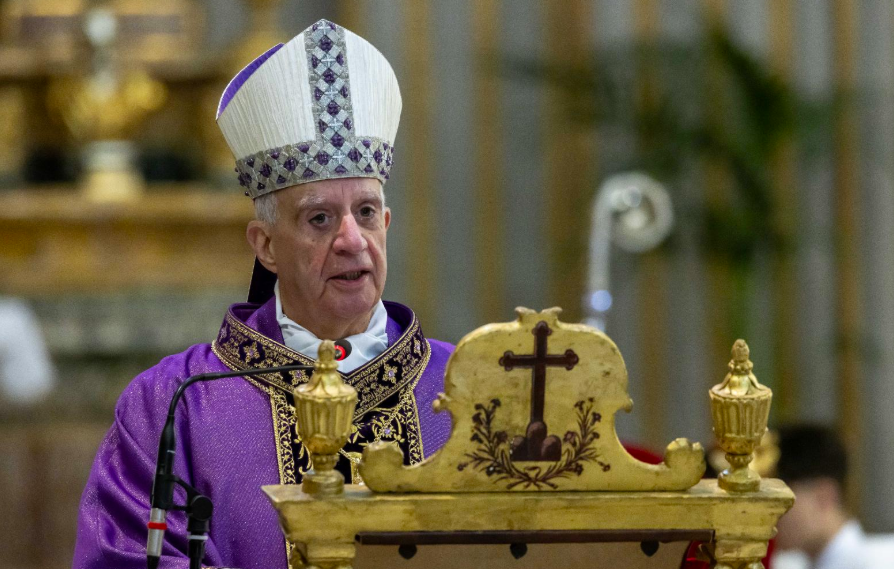
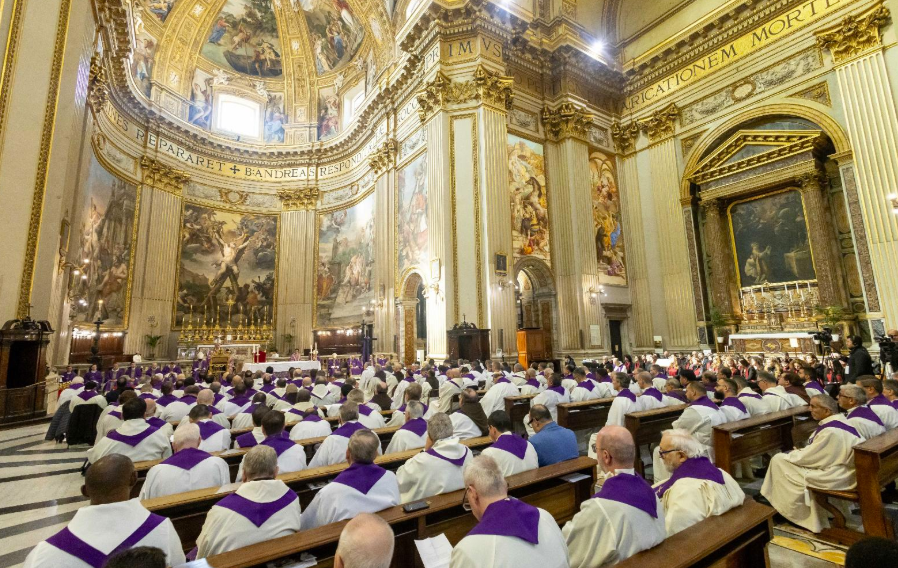
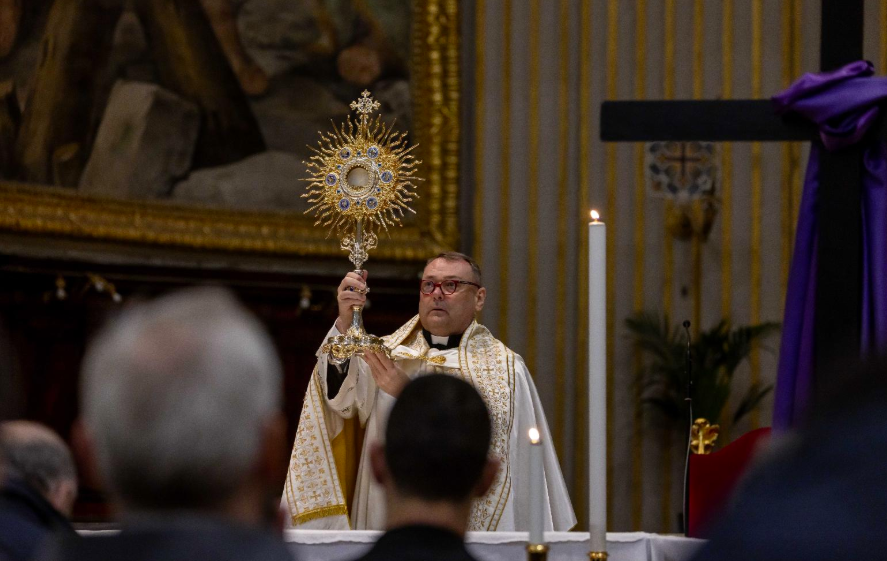
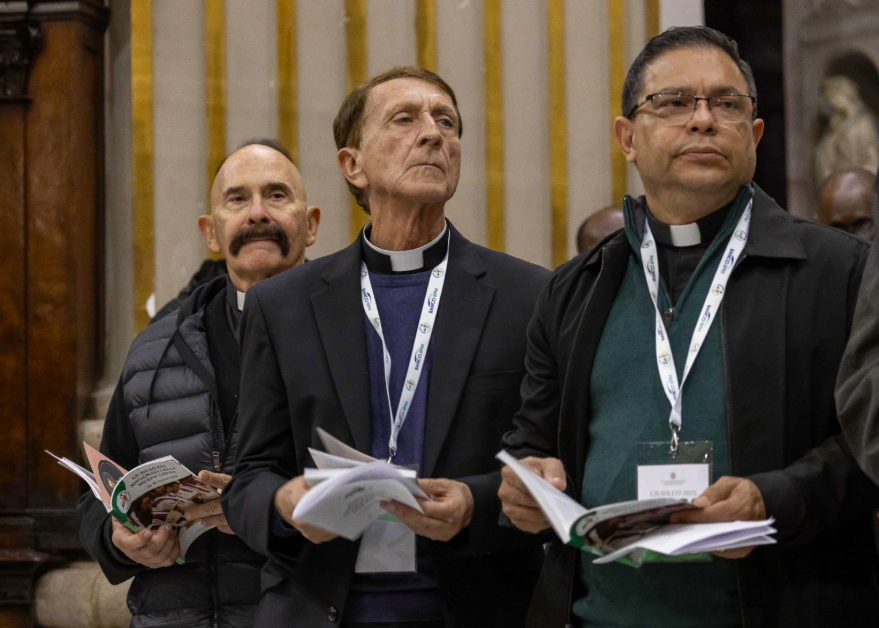
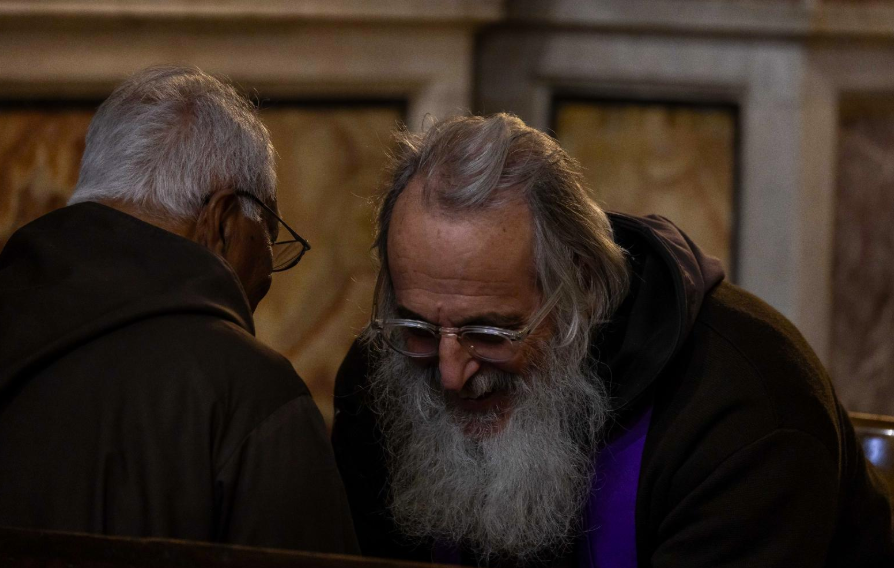
Leave a Reply
You must be logged in to post a comment.